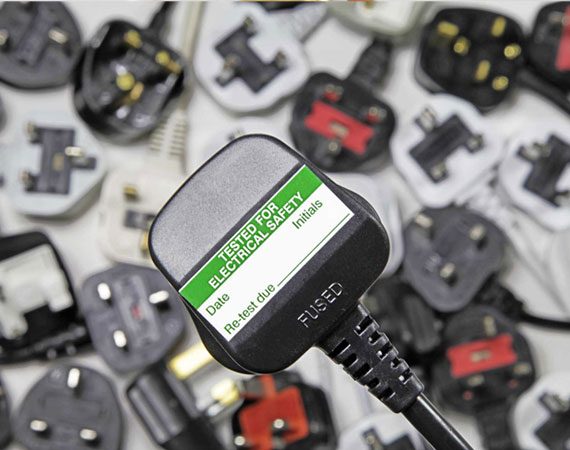Static Caravan PAT Test
All electrical wiring and appliances need to be safe. Regardless of if the caravan is let out, or not, our advice is to have a caravan PAT test for peace of mind.
Portable Appliance Test (PAT) is not a legal requirement. It is, however, a way of demonstrating electrical appliances are safe and the caravan owner or operator has taken reasonable care to ensure the safety of people using the portable appliances. A portable appliance is any electrical item with a standard UK 3-pin plug attached.
Unless the caravan is being rented out it is not normally a condition of typical park rules, or a stipulation on insurance policies to have a current, satisfactory Portable Appliance Testing regulations certificate.
When an appliance passes a Portable Appliance Testing requirements it is usually given a sticker on the appliance to show to the user it has been tested, this will include the expiry date of the test, a separate certificate is also typically provided to summarise all the items that have been tested on one document.
Frequency of PAT Test
The portable appliance testing frequency would depend on the regularity and type of use of the equipment or appliance. For a typical static caravan we would recommend annual Portable Appliance Testing for landlords and holiday home owners . Brand new items in a static caravan will not need a PAT test for the first 12 months.

What is Included on a PAT Test?
A full PAT test should include both a visual inspection and a more in-depth check using specialist PAT testing equipment. This test includes:
- Earth continuity
- Lead polarity, and
- Insulation resistance checks.
Some appliances only need a reduced test, called a PAT insulation test.
Portable Appliance Testing Requirements | Who can PAT test?
Anyone who is ‘competent’ to do so can carry out a PAT test. Competency is often demonstrated by having some form of PAT testing qualification as per Portable Appliance Testing Legal Requirements. The person carrying out the PAT test must have enough technical knowledge to avoid potential risks and injuries.

